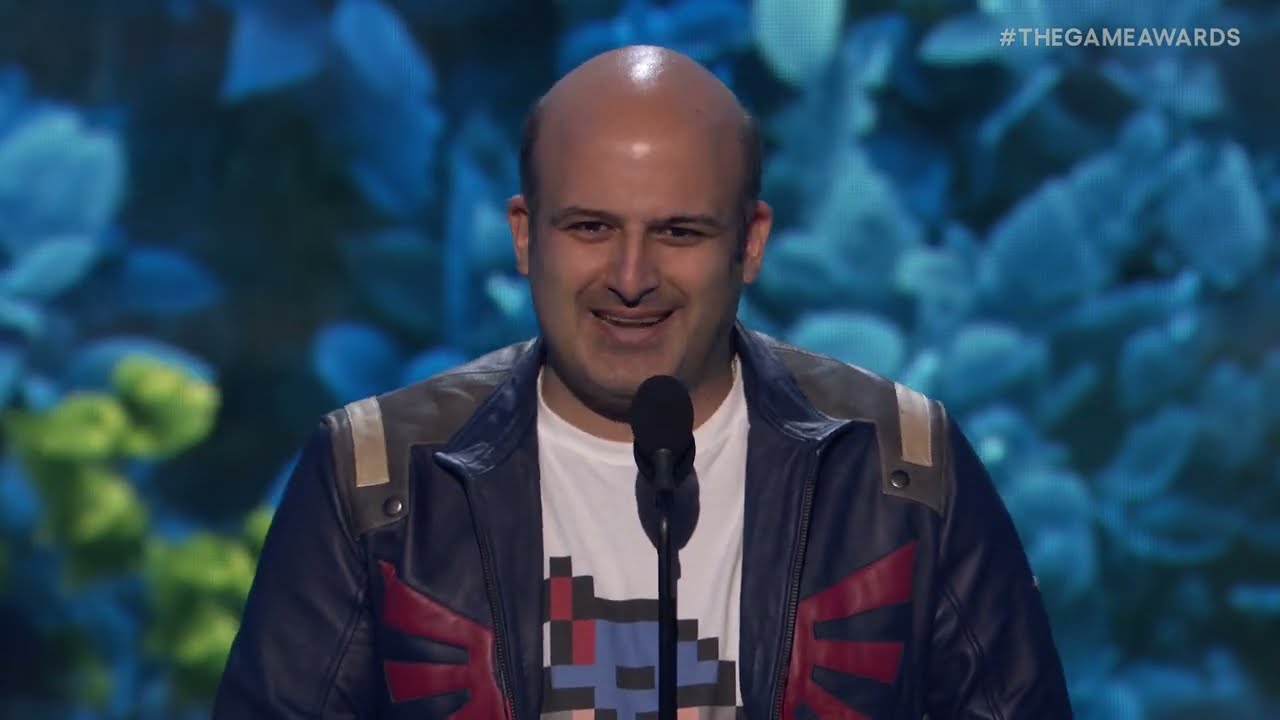After being honored at The Game Awards for helping laid-off devs, Amir Satvat says he’s received ‘countless’ hateful messages: ‘This can happen to you too when you sacrifice over 2,000 hours of your time to help the industry’

Amir Satvat, the recipient of the first “Game Changers” award at this year’s Game Awards, says he’s received “countless hateful messages” as well as “disturbing comments” following his acceptance of the award last week, including antisemetic remarks about his wife.
“I am continuing to do my best to tune this out but it is quite extreme,” Satvat said in a LinkedIn post.
During the event, Geoff Keighley admitted that he’s “struggled” to know how best to address the unprecedented rash of games industry layoffs we’ve seen over the past few years. It was the first time the host and producer directly addressed layoffs at the awards, and the solution he came up with was to honor Satvat, a figure well-known in the games business for his efforts to help laid-off developers find new work.
A brief video segment described how Satvat’s project has helped “place nearly 3,000 people in jobs,” and Satvat accepted the award with a tearful speech in which he challenged the crowd to make the industry better.
Many viewers responded positively to the segment, including viewers in the industry, but some have called it a cynical attempt to keep up the appearance of caring while celebrating the very people responsible for the poor state of the business—the executives in the audience whose companies ultimately fund The Game Awards. Microsoft Gaming CEO Phil Spencer, who oversaw Microsoft’s acquisition of Activision Blizzard and the subsequent layoffs, is on the show’s advisory board, for example.
Some critics went well beyond denouncing the awards, however: After the ceremony, Satvat himself came under attack for his job at Tencent, where he’s been a business development director for about a year and a half. The suggestion going around social media is that Satvat was presented as a kind of folk hero, but is actually part of the problem—or even a sinister “industry plant” whose heartwarming story was entirely manufactured.
Satvat says that his job wasn’t mentioned during the show because it’s irrelevant, and that he doesn’t work on mergers at Tencent and didn’t at his previous job at Amazon, and has never laid anyone off.
“I’ve never signed a contract or personally been part of a deal that led to job losses in my career,” wrote Satvat. “In fact, in some instances, like at [Amazon Web Services], I put great effort into making sure hundreds of peoples’ jobs were saved during moments of restructuring.
“I’ve also been accused of creating ‘jail-worthy fraud’ and mocked for ‘just making one spreadsheet people enter info into,’ usually by people who spent all of 8 seconds looking at our site with no understanding of the work we do or the impact we’ve had. We have 15 resources across 5 different resource homes and there is a lot of depth to our community, as any of you who have used it know.”
I was aware of Satvat prior to the awards because, in the course of covering the industry’s layoffs over the past couple years, his name has repeatedly come up in the aftermath of job cuts as the person out-of-work developers should seek out. I’ve understood him to be a well-liked figure whose efforts are genuinely appreciated by game developers who’ve lost their jobs over the past two years.
That impression is reflected in the many positive comments posted about Satvat following his speech, such as in the replies to this post on BlueSky. “Amir got me a union job in Game Dev in 2024,” reads one. “He deserves the world.”
The criticism, insults, and accusations Satvat is otherwise receiving don’t appear to come from any one perspective—good faith criticism of The Game Awards is mixed in with shouting about China, antisemitism, and other staples of internet discourse most associated today with X.
“This can happen to you too when you sacrifice over 2,000 hours of your time to help the industry—this is the ‘reward’ for two years of service,” Satvat wrote. “…I did not want to say anything but there have been too many comments about my family, about my wife, about her religious background, and other things that are way over the line for me not to say anything.”
Satvat says that the post will be his last word on the negative comments, and that he will continue to pursue “positive, public service.”
Source link




